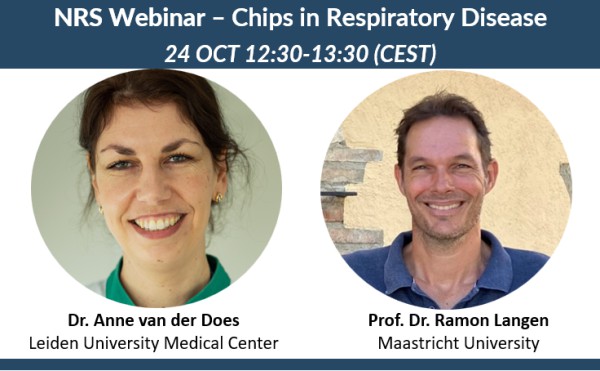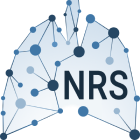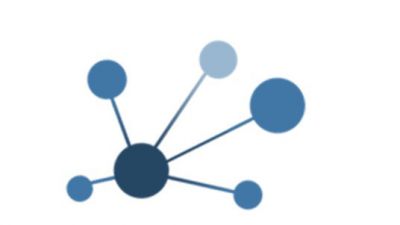NRS Webinar-Chips in Respiratory Disease

NRS Webinar-"Chips in Respiratory Disease" 24 October 12:30-13:30.
Invited speakers
Dr. Anne van der Does “Development of Lung-on-Chip models to study tissue damage and repair”
Prof. Ramon Langen “(Don’t) hold your breath: development of Muscle on Chip devices for respiratory research"
Anne van der Does, Ph.D. is an Associate Professor at the Department of Pulmonology at the Leiden University Medical Center in the Netherlands. Her work is focused on (dysfunctional) lung epithelial biology in chronic lung diseases, with specific focus on developing advanced lung epithelial cell cultures to support that research. Related to this focus, dr. van der Does was awarded a Marie Curie fellowship twice, of which the second included a one-year visit at Emulate Inc. -a pioneer company in Organs-on-Chips technology- to use their Lung-on-Chip platform. Dr. van der Does has published in peer-review journals including the European Respiratory Journal.
Dr. van der Does received her Ph.D. from the Department of Infectious Diseases at the LUMC before completing a 4-year postdoc at the Karolinska Institutet, in Stockholm, Sweden after which she continued her career in the PulmoScience Lab of the LUMC (www.pulmosciencelableiden.com).
Professor Langen (1972) studied Biochemistry at Avans University of Applied Sciences, and received his PhD in 2003 at Maastricht University for his thesis ‘Modulation of skeletal muscle plasticity by inflammation’, on a project conducted in collaboration with the University of Vermont, US. He has worked as a post-doctoral fellow (2003-2007), Assistant Professor (2007-2016), and Associate Professor (2016-2024) at the Department of Respiratory Medicine of Maastricht University.
His research aims at deepening the understanding of the molecular and cellular basis of skeletal muscle plasticity in health and disease, to provide a foundation for interventions to restore muscle homeostasis and prevent or reverse muscle atrophy in lung disease, with the ultimate goal to halt or even reverse disease progression and improve treatment outcomes for patients.
To this end, detailed molecular and cellular analyses of skeletal muscle biopsies are combined with clinical and functional characteristics of patients suffering from lung cancer and COPD-associated muscle wasting. Complex in vitro and novel relevant in vivo models have been developed in his group to elucidate the intra- and inter-cellular signaling underlying muscle atrophy and impaired muscle homeostasis, and to test potential intervention strategies. These experimental models are subject to constant optimization by integrating the latest technological developments in AI-based(non-invasive) image analyses, bioinformatics, and Organ on Chip approaches, with continuous attention to their translational potential.

